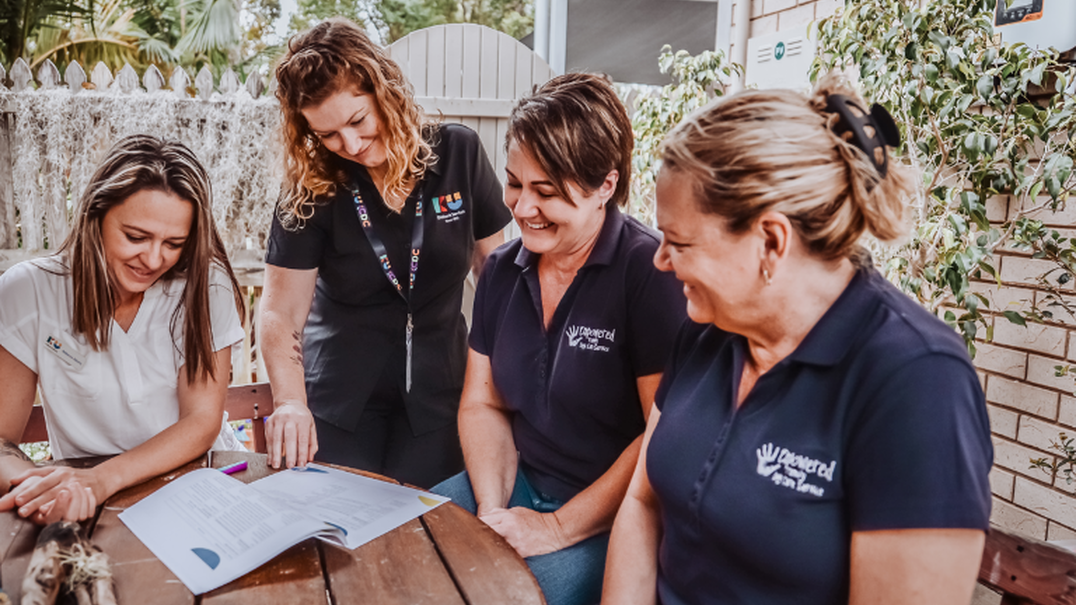Relationships are key: Engaging with Family Day Care
Read how Empowered Family Day Care worked collaboratively with Inclusion Support QLD to engage in critical reflection to support the inclusion of all children.


The National Quality Standard (NQS) sets a high national benchmark for OSHC services in Australia. The ability of services to meet these outcomes, particularly in relation to supporting behaviour, regulation and positive relationships, often relies on high levels of educator engagement. Achieving this however is not always easy.
The role of an OSHC educator is a complex one for many reasons, including how to provide a service to children in middle childhood of varying ages, development, and relationships. This period is a time of significant change for children, with marked differences in the rate of development, the emergence and importance of identity, acceptance and for many, the realisation that social power has many benefits.
These factors however do not exist in a bubble. They interact with children’s individual personalities & development – and play out in an OSHC environment where social relationships may not be as well established and defined as in the school environment. This interaction between internal and external factors can all impact significantly on social behaviour and regulation.
Supporting Behaviour
Educators use a variety of supports to promote positive behaviour. Routine & predictability, choice & control, visual supports, and passive sensory areas or “Chill Zones”, are all effective strategies to support ALL children’s behaviour and regulation.
However, we cannot assume that simply providing these supports alone will reduce behaviours of concern, particularly in children who struggle to regulate or engage positively with peers.
All strategies to support behaviour are dependent upon high levels of educator engagement, an understanding of individual children’s profiles and a strong focus on building those relationships.
The benefits of high educator engagement
High educator engagement often has an unintended benefit of “levelling the playing field” for children socially. For some children, the very presence of an educator within the activity allows them to initiate, negotiate and stay calm more easily. This is achieved not only through the natural scaffolds, modelling and guidance an educator provides, but also through the influence their presence alone has on the behaviour of OTHER children and THEIR ability to be fair, negotiable and inclusive. It allows for a more proactive response, an opportunity to ‘guide’ behaviour in the moment and model how to problem solve socially. In other words, it helps everyone “keep in check”. The benefits however are not only for children. The more regulated children remain, the more engaged they are and the more positive and meaningful interactions between educators and children – the greater level of job satisfaction is possible. So how can this be achieved?
Engagement vs Supervision
Firstly, it is important to think about how we view the role of educator in OSHC. Do we view engagement as something that comes at the expense of supervision or duty of care – especially when behaviours of risk are present? How can we use high engagement to reduce risk through purposeful, targeted interactions and situational awareness?
There are several possible ways:
Reflective Practice
Your Inclusion Professional can support you to reflect on your role as an educator and plan for engagement. Contact your Inclusion Professional to find out more.